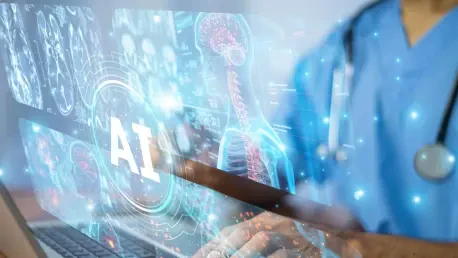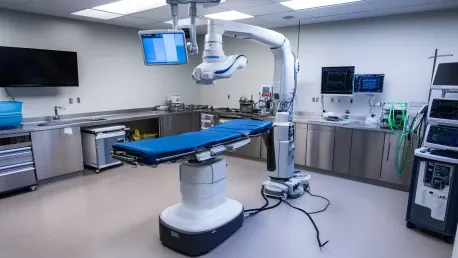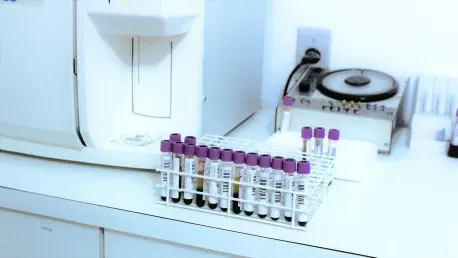
Across the globe, technology reshapes how patients receive vital health services, with artificial intelligence leading this transformative movement. Recently, statistics unveiled that healthcare facilities utilizing AI have improved their efficiency by 40%, drastically impacting patient care

The pharmaceutical world is increasingly embracing Artificial Intelligence (AI) for drug development, yet the resulting challenges in maintaining effective oversight pose significant questions for future regulatory frameworks. As AI technologies continue to evolve, they are reshaping clinical
Advancements in artificial intelligence are rapidly redefining the healthcare landscape, serving as a catalyst for innovation and efficiency across clinical and administrative domains. This market analysis explores the profound potential AI holds in addressing healthcare challenges and opening new

Imagine a world where surgeries are precise, efficient, and almost error-free. Picture a scenario where a life-saving operation is performed not by a human surgeon but by an advanced robotic system guided by artificial intelligence. This isn't a distant future; this is the reality unfolding

Schrödinger, Inc., a company renowned for its computational software in drug discovery, has navigated the biotech landscape for 35 years while traditionally refraining from associating its platform with artificial intelligence (AI). This distinct approach has set Schrödinger apart from pure A

A groundbreaking statistic reveals that the global AI in healthcare market is projected to reach $45.2 billion by the end of the next decade. As advanced technologies emerge, the integration of AI in healthcare continues to expand. However, several challenges still inhibit the seamless adoption of